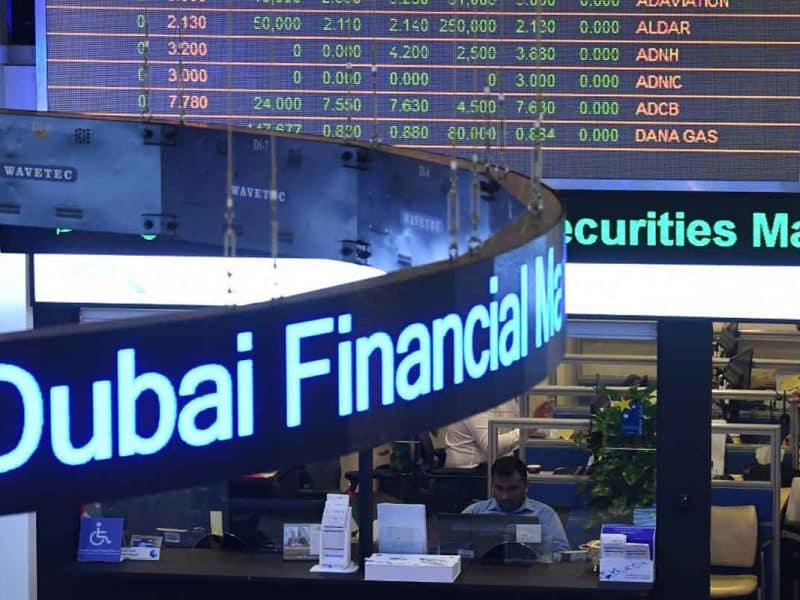The Saudi central bank is not concerned about inflation and sees no reason for the government to sell bonds to soak up liquidity in the world’s biggest oil exporter, the central bank’s deputy governor said on Wednesday.
The government has been using windfall oil revenues to pay back debt, cutting debt as proportion of gross domestic product to 28 % in December from a peak of 119 % in late 1990s. The finance minister said last year he wanted to reduce debt to almost zero.
The policy did not threaten efforts to contain inflationary pressure, Mohamed al-Jasser, deputy governor of the Saudi Arabian Monetary Agency, said in a telephone interview with Al Arabiya television.
“There is no danger of an increase in inflation because there are other tools to neutralise the impact of settling public debt.”
Asked whether the Saudi government was looking to sell Islamic bonds to soak up liquidity, Jasser said he saw no reason for more state borrowing.
“There are many ways to sterilise the impact of the increase in government revenues.” he said.
“The inflation (level) is not a reason for concern. And there is no inflationary pressure resulting from government spending,” Jasser said.
Saudi inflation rose for a second month to 2.96 % in May, the latest available figure, nearing the December rate of 3 %, the highest in at least five years.
Rising inflation in Saudi Arabia and other Gulf Arab states will keep pressure on governments in the region to revalue their dollar-pegged currencies, U.S. investment bank Morgan Stanley said in a note on Monday.
Neighbouring Kuwait allowed its dinar to appreciate against the sliding dollar this month after dropping its peg to the U.S. currency on May 20 to check the impact of rising import costs on inflation.
In Kuwait, where inflation was 5.15 % in March, the central bank has blamed rising prices on the dollar’s tumble to record lows against the euro this year.
The Saudi riyal is pegged to the dollar and according to Morgan Stanley has depreciated more than 24 % since the beginning of 2002.
Saudi Arabia’s central bank has repeatedly ruled out changing foreign exchange policy.
The central bank usually tracks interest rate moves by the U.S. Federal Reserve to maintain the relative appeal of the riyal. It decided to skip two Fed rate increases of 25 basis points each last year as the Saudi stock market tumbled, but then moved to catch up with a 30 basis point hike in February, taking its benchmark repo rate to 5.5 %.
The Federal Reserve is expected to keep U.S. interest rates on hold at 5.25 % to the end of 2008, according to a Reuters poll on Tuesday.








